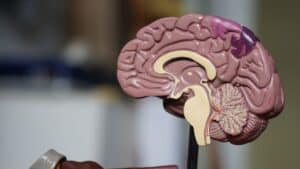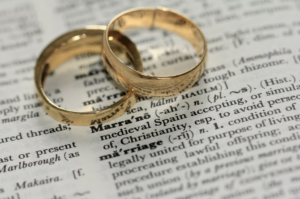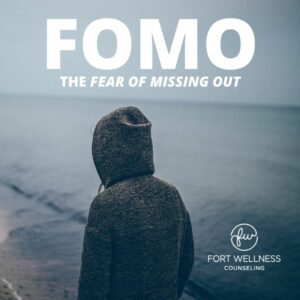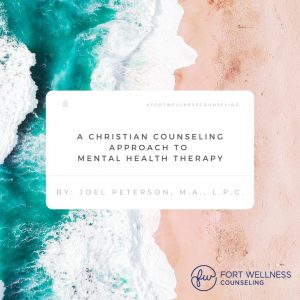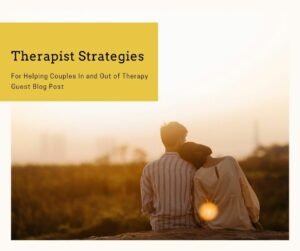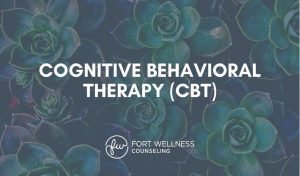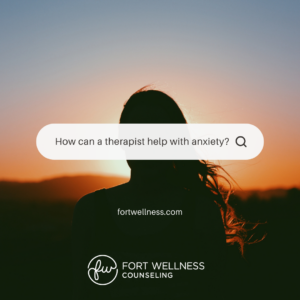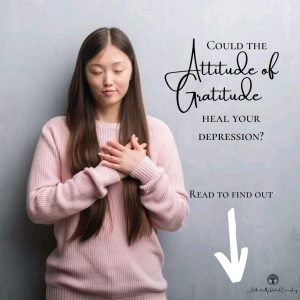When you hear “EMDR therapy” (Eye Movement Desensitization and Reprocessing), you might think of treating major traumatic events. But this powerful healing approach does much more! Think of EMDR as a gentle locksmith for your mind, unlocking and releasing emotional traumas stored in your body.
For today’s blog, we’ll be focusing on a specialized version of EMDR called attachment-focused EMDR. This approach can help if you notice yourself repeating patterns, or if you are facing similar problems in your different relationships.
The best part is that while this sounds complex, it is a straightforward and therapeutic process. You just need to be open to the possibility of changing old patterns that aren’t serving you anymore. Below I’ll explore how Attachment-Focused EMDR might help you build stronger, more satisfying connections.
EMDR Meaning: Understanding Its Power for Attachment Healing
EMDR helps heal attachment wounds through a surprisingly simple technique. Essentially, you move your eyes back and forth while thinking about difficult past experiences. This eye movement (bilateral stimulation) helps your brain reprocess those memories in a new way.
The interesting thing is that during this process, your mind starts to recognize that these painful experiences are truly in the past. As a result, this creates room for new, positive experiences to take their place. The old memories don’t go away, but they become less powerful, kind of like turning down the volume on an old song that used to bother you. While it is simple, it’s necessary to have an EMDR trained therapist to help you throughout the process.
What is EMDR’s Role in Healing Attachment Wounds?
Like many types of therapeutic modalities, Attachment-Focused EMDR attempts to gain an understanding of the root causes behind someone’s behavior. And these are typically our earlier life experiences.
By working through these deeper memories and feelings, people can finally break free from repeating the same relationship problems. In turn, this helps them build stronger and more meaningful connections with others. The best part is that once these core issues are addressed, the changes tend to last.
Reasons to Seek Attachment-Focused EMDR Therapy
Are you finding it tough to maintain relationships or make new ones? Many of our clients choose attachment-focused EMDR for these very reasons. It’s a powerful tool that can help you break free from old patterns and build healthier connections.
Here are some common reasons people reach out to us for Attachment-Focused EMDR:
- Childhood experiences that still affect you today.
- Feeling anxious or down about your relationships.
- Intense fear of abandonment.
- Struggling with self-esteem or feeling unworthy.
- Feeling like you’re always taking care of others but neglecting yourself.
- Finding it hard to control your emotions, especially in relationships.
- Noticing you keep falling into the same unhealthy relationship patterns.
- Having trouble opening up or being vulnerable with others.
- Concern about passing on relationship struggles to your kids.
And for others? They simply have a desire for personal growth and to understand themselves on a deeper level. Regardless of your reason, our Fort Worth counselors can help.
Meet One of Our EMDR Experts: Elaine Garrison, MBA, MS, LPC
Not only is Elaine Garrison certified in both EMDR therapy and attachment-focused EMDR, but she’s also passionate about helping people recover from trauma.
Before joining the Fort Wellness Counseling team, Elaine spent over a decade working at a local nonprofit, in this same line of work. There, she helped veterans, first responders and their families overcome traumatic experiences. In fact, she specializes in working with first responders and veterans.
But Elaine doesn’t stop there. She’s also a proud member of EMDRIA International – a group of mental health professionals dedicated to keeping EMDR therapy at its best.
So, what’s Elaine’s goal? It’s simple. She wants to team up with you to improve your mental health and improve your quality of life. With her know-how and your dedication, you’ll be on your way to feeling better before you know it.
Lastly, it goes without saying that we have several therapists that are trained and certified in EMDR therapy. These include: Karen Blandino MEd, LPC, Kim Garrrett, LCSW-S, LCDC, CCISM, MBA and Rane Wallace, LPC, LCDC, SAP. Contact our team to book an appointment with Elaine or any of the other therapists we have on our award-winning treatment team.












































